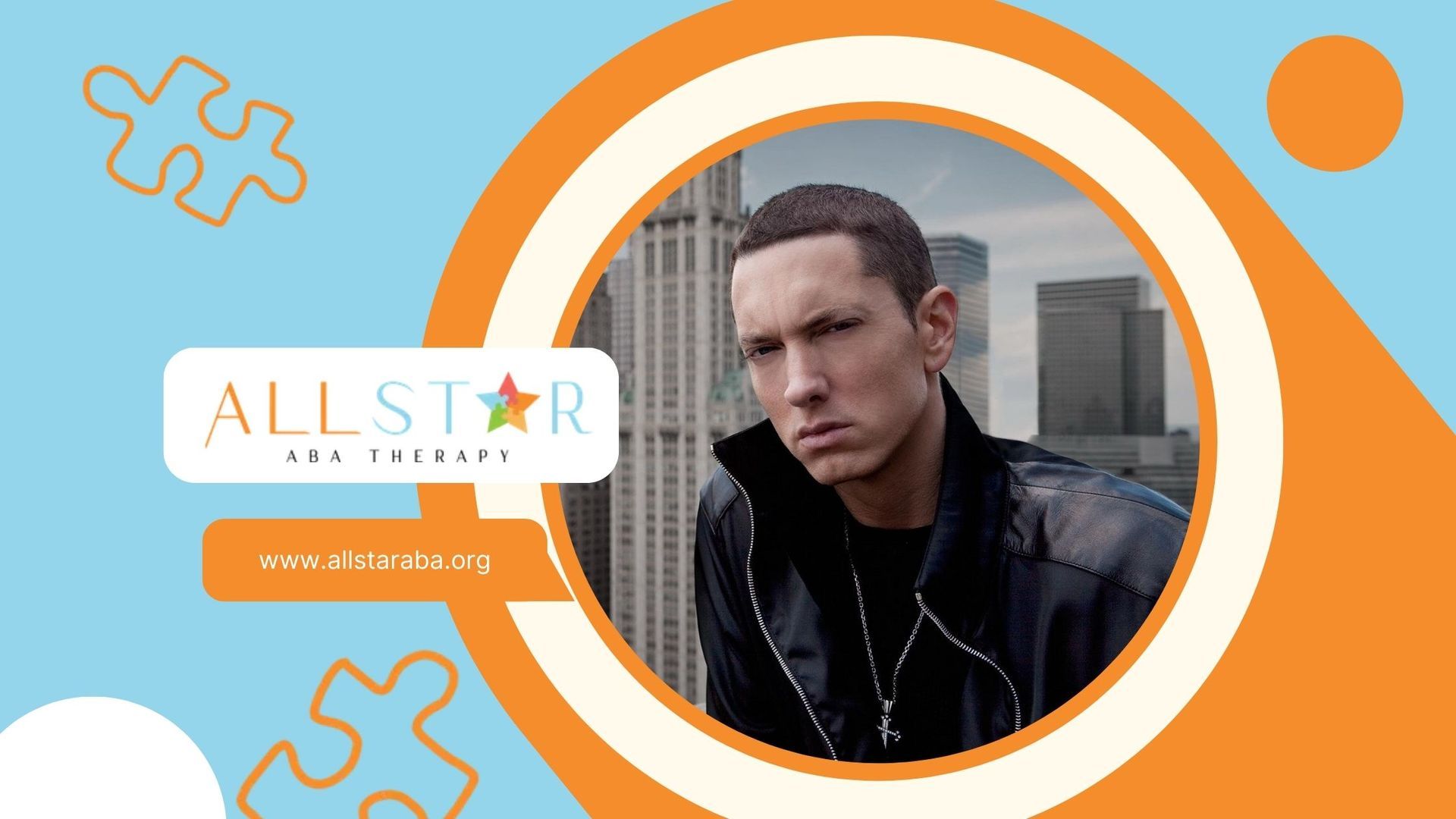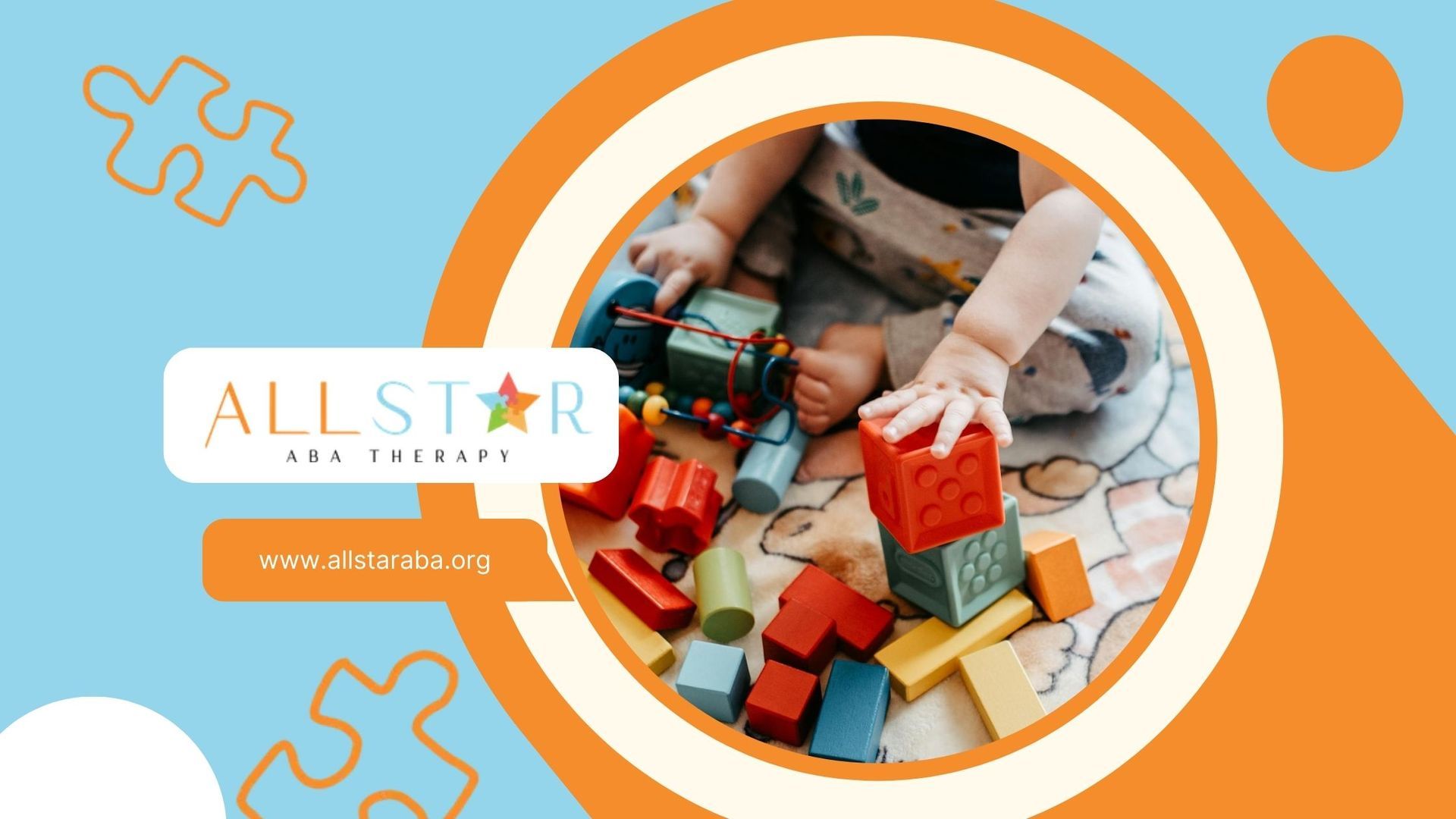New Paragraph
How to Qualify and Secure IHSS for Your Autistic Child: A Step-by-Step Guide
Securing In-Home Supportive Services (IHSS) for a child with autism can make a world of difference for a lot of families. IHSS provides in-home assistance for individuals with disabilities, helping them thrive in familiar surroundings while alleviating some of the caregiving challenges parents face every day.
Although the application process for IHSS may seem daunting, understanding the steps, requirements, and best practices can significantly increase your chances of approval.
In this comprehensive article, we’ll break down every aspect of securing IHSS approval for your autistic child. From eligibility criteria and essential documents to tips for the home assessment and what to do if you’re denied, you’ll gain the clarity and confidence needed to navigate this often-complicated process. Whether you’re a parent, caregiver, or therapist, this resource will empower you to advocate for the support your child deserves.
What is IHSS and How Can it Help Your Autistic Child?
In-Home Supportive Services (IHSS) is a California state program designed to support low-income individuals who are elderly, blind, or disabled—including those with autism—so they can remain safely in their homes rather than moving into out-of-home care.
For families of autistic children, IHSS may provide funding for in-home caregiving tasks, such as assistance with dressing, bathing, feeding, supervision, safety monitoring, transportation to medical appointments, and other daily activities.
The right IHSS support can reduce stress, improve your child’s quality of life, and help parents maintain balance in their personal and professional lives. Before diving into the specifics, it’s crucial to understand the basic eligibility guidelines.
Understanding IHSS Eligibility Criteria
To qualify for IHSS, the applicant must:
- Be a California resident: You must reside in the state and plan to remain.
- Have a qualifying disability or condition: Autism may qualify if it significantly impacts daily functioning and safety.
- Receive Medi-Cal or be Medi-Cal eligible: IHSS is linked to Medi-Cal (California’s Medicaid program). If you’re not already enrolled, you’ll need to apply.
- Require in-home care to remain safely at home: If your child needs assistance beyond what a typical child requires for daily living due to their autism, they may qualify.
Demonstrating Need for Additional Support
Not all autistic children automatically qualify for IHSS. Parents must show that their child’s disability leads to a need for assistance with activities of daily living, protective supervision, or other caregiving tasks.
For instance, if your child requires constant monitoring to ensure safety, help with toileting or bathing, or support with behavior management, these needs will strengthen your application.
Steps to Get Approved for IHSS for an Autistic Child
Step 1: Enroll in Medi-Cal
Why it’s Important: IHSS is funded through Medi-Cal, so your child must be Medi-Cal eligible or already enrolled. If you haven’t done so, start by applying for Medi-Cal. You can do this online at Covered California or contact your local county office.
Step 2: Contact Your County IHSS Office
Once Medi-Cal eligibility is established, reach out to your county IHSS office. They’ll guide you through the initial application. You can find county-specific contact information on the California Department of Social Services website.
Step 3: Complete the IHSS Application
Fill out the SOC 295 (Application for IHSS) form, providing details about your child’s condition, daily needs, and the tasks they require help with. Don’t underestimate the complexity—be thorough and specific.
Key Tip: Emphasize how autism affects your child’s ability to perform certain tasks compared to a neurotypical child of the same age. The county social worker will consider the “normal” developmental range for children when evaluating your child’s need.
Step 4: Gather Essential Documents and Records
Supporting documentation can strengthen your application. Consider including:
- Medical records, diagnoses, and specialist evaluations related to autism
- Clinical reports, ABA therapy plans, and progress notes
- Letters from therapists, teachers, or other professionals
- Behavior charts or daily logs showing the level of care and supervision needed
Step 5: Prepare for the In-Home Assessment
A county IHSS social worker will conduct a home visit to assess your child’s needs firsthand. To prepare:
- Make a list of daily tasks your child struggles with.
- Demonstrate (or clearly describe) the types of assistance you provide.
- Explain how your child’s autism affects their ability to perform tasks independently.
- Highlight safety concerns and the necessity for constant supervision if applicable.
Key Tip: Honesty and clarity are essential. This is not the time to downplay your child’s needs. Your goal is to accurately convey the level of support your child requires.
Step 6: Wait for the Determination
After the assessment, the county will review all the information and determine the number of authorized IHSS hours per month. If approved, you’ll be assigned a maximum number of hours for caregiving tasks. If your child is denied or receives fewer hours than you believe necessary, you have the right to appeal.
What If You’re Denied or Unhappy with the Decision?
Appeals Process
If your IHSS application is denied or you disagree with the hours granted, you can request a State Hearing to appeal the decision.
- Submit your appeal request promptly—usually within 90 days of the decision.
- Gather additional evidence and documentation supporting your case.
- Consider seeking legal guidance or advocacy services from local disability rights organizations.
Persistence Pays Off
Don’t get discouraged if you don’t succeed on your first try. Many families find that appealing with stronger documentation and clearer explanations results in a better outcome.
Tips for Success
- Be Detailed and Consistent: Provide as much detail as possible about your child’s daily challenges. Consistency between your written application and verbal explanations during the home visit is crucial.
- Keep Records: Maintain organized records of your child’s medical visits, school reports, ABA therapy sessions, and any behavior logs. These records can corroborate your claims.
- Advocate for Your Child: Remember, you are your child’s voice in this process. Don’t hesitate to ask questions, clarify discrepancies, or request additional documentation from therapists or other professionals.
Conclusion
Securing IHSS approval for your autistic child may feel complex, but it’s achievable with preparation, thorough documentation, and effective communication. By understanding the eligibility criteria, navigating the application steps carefully, and advocating persistently for your child’s needs, you can significantly increase your chances of approval. Don’t forget that the appeals process is there for you if your initial determination isn’t what you hoped for.
If you’re looking for additional support on your child’s journey, consider All Star ABA’s services. All Star ABA specializes in Applied Behavior Analysis therapy, offering personalized, evidence-based approaches to help children with autism and other behavioral challenges thrive.
With a caring team of professionals, you’ll have guidance every step of the way—both in securing essential services like IHSS and in supporting your child’s long-term growth. Feel free to reach out and discover how All Star ABA can make a difference in your family’s life.
FAQs
Can my autistic child qualify for IHSS if they don’t have severe behaviors?
Yes. Even if your child’s needs aren’t extreme, they may still qualify if they require assistance with daily living tasks, supervision, or mobility that goes beyond what is typical for their age.
How long does the IHSS application process take?
The timeframe varies. Typically, you can expect the process to take several weeks to a few months from application to determination, depending on scheduling and documentation completeness.
What services does IHSS cover for autistic children?
IHSS can cover assistance with personal care (bathing, dressing, feeding), protective supervision, meal preparation, light housecleaning tasks related to your child’s care, and transportation to medical appointments.
Need Support?
We're Here to Help!
Our experienced team is ready to assist you. Reach out today to discuss how we can support your child's development and well-being.
Get started with expert ABA therapy today.
Related posts

All Star ABA delivers the gold standard of care, Applied Behavioral Analysis (ABA) therapy, for individuals diagnosed with ASD, from infancy to age 21.
Quick Links
All Rights Reserved | All Star ABA







